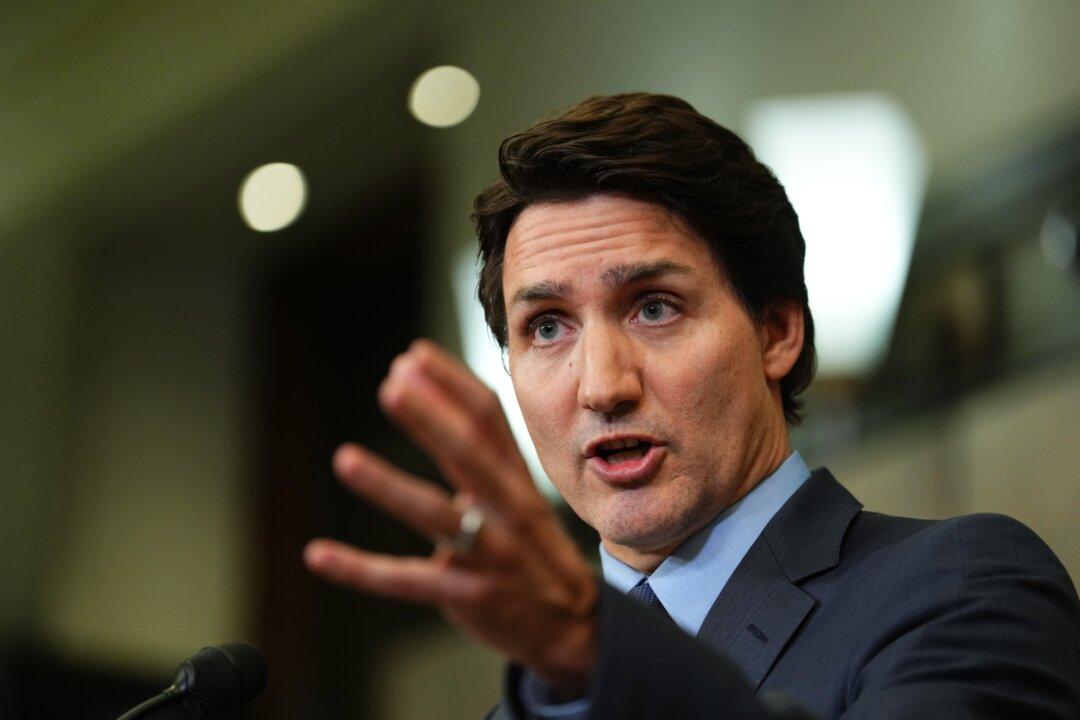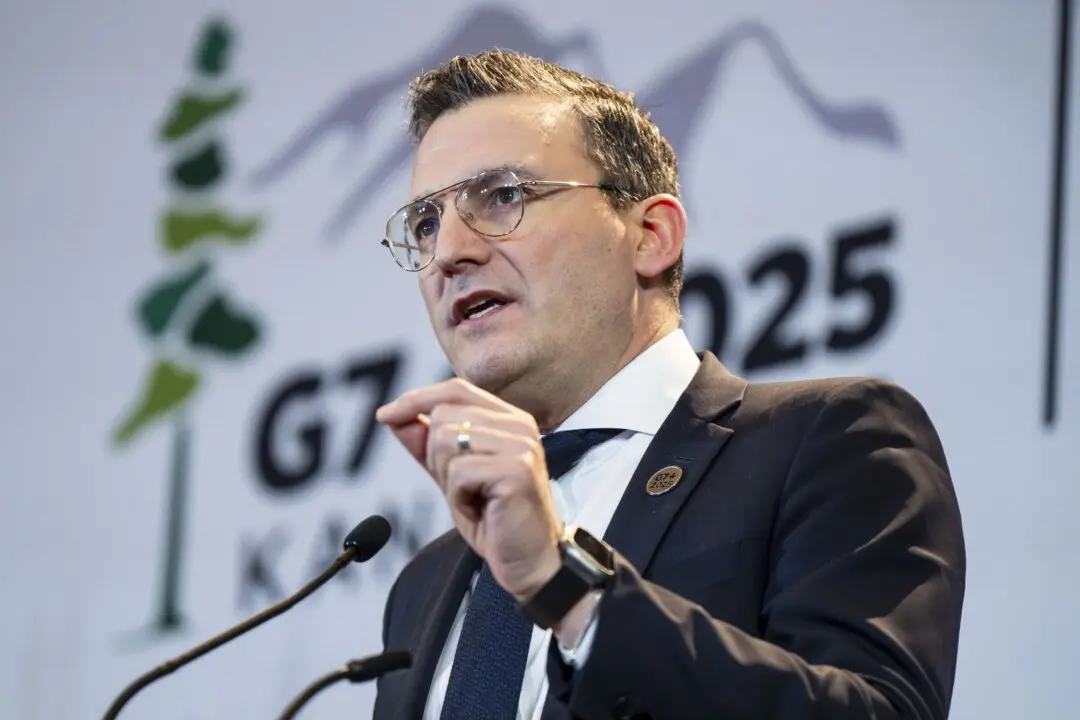This week, Prime Minister Justin Trudeau announced that his government will appoint a special rapporteur to investigate allegations of China’s interference in Canadian elections.
He also said that two organizations, namely the National Security and Intelligence Committee of Parliamentarians (NSICOP) and the National Security and Intelligence Review Agency (NSIRA), will be tasked with reviewing issues related to election interference.





